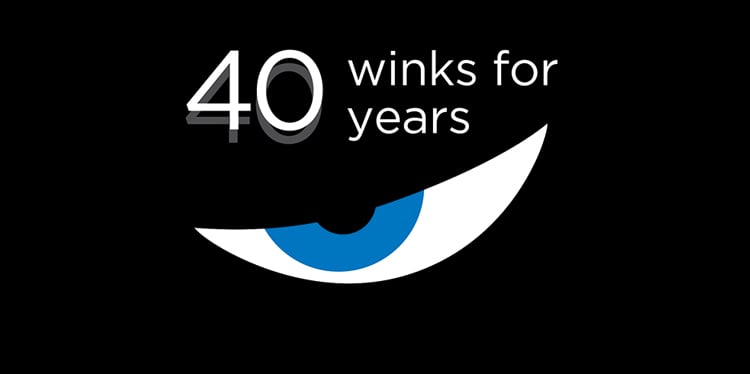Don’t be Rip Van Winkle

Introduction by Connie Ullevig from the Minnesota Regional Sleep Disorder Center at Hennepin Healthcare
Was Rip lazy, shiftless, irresponsible or suffering from a sleep disorder?
The 300-year-old Rip Van Winkle legend describes a major, (protracted) sleep episode. Legend has it that Rip went for a walk in the woods with his dog and his hunting rifle to escape his nagging wife. High in the Catskill Mountains, he encountered a strange little man carrying a large barrel. Rip gave the man a hand and was given a drink from the barrel as thanks. Rip fell asleep and woke to find his dog gone, his rifle rusty and falling apart, his clothes in tatters, and his appearance a mess.
Once he made it back to town he discovered his wife had died 20 years previously, and his small children were now grown.
Was Rip lazy, shiftless, irresponsible or suffering from a sleep disorder?
On a side note, congratulations to the Minnesota Regional Sleep Disorders Center (MRSDC) at Hennepin Healthcare. Great work has been done in this center for 40 years! That’s way back to the beginning in 1978.
The evolution of sleep medicine has progressed immensely since the 1920s, when sleep research evolved. Rapid eye movement (REM) was not discovered until the 1950s, and is a key to diagnosing many sleep disorders. The first full-service Sleep Disorders Clinic at Stanford wasn’t organized until 1970, and then throughout the 1970s several more began, including our own MRSDC.
In the mid-80s, it was our own sleep center that identified REM Sleep Behavior Disorder, which causes patients to physically act out dreams in the forms of talking, shouting, hitting or punching. This disorder is now considered to be an early warning sign of Parkinson’s disease and is in the national spotlight as actor Alan Alda has come forward with the diagnosis that was preceded by the sleep disorder.
We all know sleep is biologically necessary for life. Sleep deprivation and sleep disorders are highly prevalent and have contributed to disasters such as the grounding of the Exxon Valdez, the nuclear meltdown at Three Mile Island, and countless traffic accidents.
We sleep (roughly) one-third of our life. Besides accidents and injuries, sleep and sleep quality affect the health of our bodies, affecting the heart, risk of stroke, risk of diabetes, and metabolism (weight gain). Lack of sleep ages skin. Poor sleep quality also affects your mental health and can cause poor judgment, depression, and forgetfulness. Sleep plays a critical role in thinking and learning.
While most people can control how much sleep they get, a sleep disorder impacts our ability to get the full amount and/or quality of sleep we need. The most important sleep disorders respectively, are insomnia (affecting women more than men), sleep apnea (affecting men more than women), restless leg syndrome (RLS) and narcolepsy. There are over eighty different types of sleep disorders affecting approximately 70 million Americans.
A giraffe only needs 1.9 hours of sleep a day (or less), whereas a brown bat needs almost 20 hours of sleep a day. Rip Van Winkle slept for 20 years. Don’t sleep your life away. Contact the Minnesota Regional Sleep Disorders Center at 612-873-6963 for a sleep consult if you feel you may need a sleep study.
2 Comments
Leave a Comment
You must be logged in to post a comment.


Very nicely stated, Connie.
Dr. Milton Ettinger was my first teacher/mentor in neurology when I interned there 1966-1967;I also spent time at Hennepin as a resident in pediatrics, adult neurology and child neurology.Dr. Ettinger was the pioneer who opened the sleep disorder program , and Mark Mahowald was a precocious medical student when I first met him-Mark went on to become a world authority on sleep and REM sleep behavioral disorders.
I owe my career in neurology to Milt Erringer of blessed memory and offer my best wishes to all the wonderful people who work at Hennepin- a world class hospital!
With great admiration and affection-Sincerely, Keith Meloff MD FRCPC Neurologist Toronto Canada
Chair Section on Neurology Ontario Medical Association